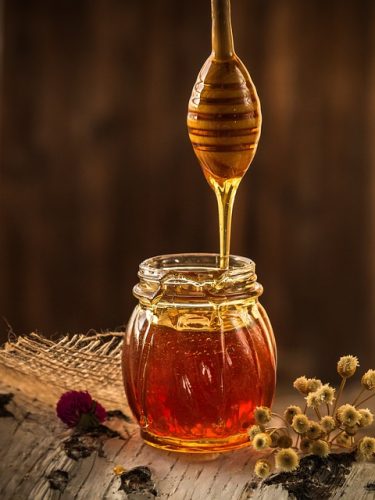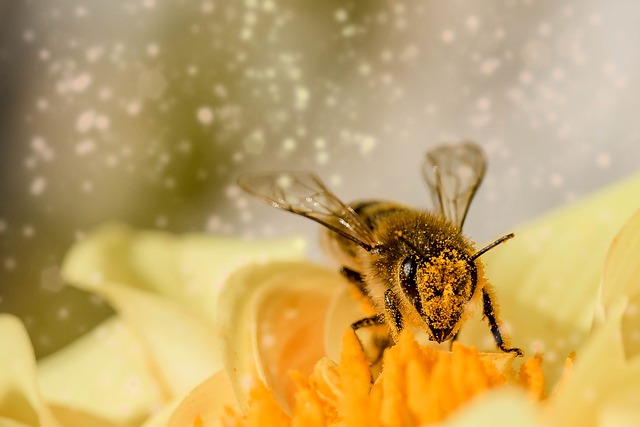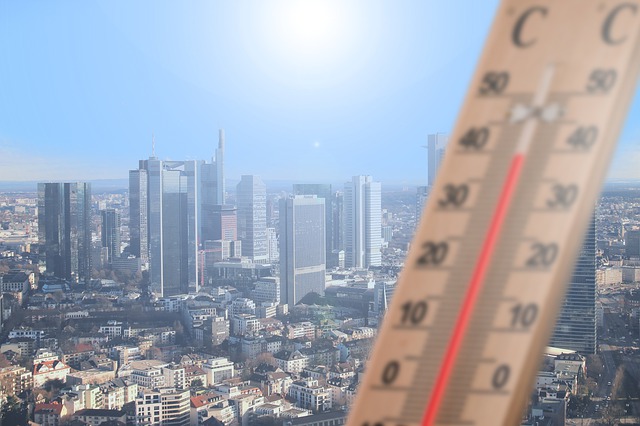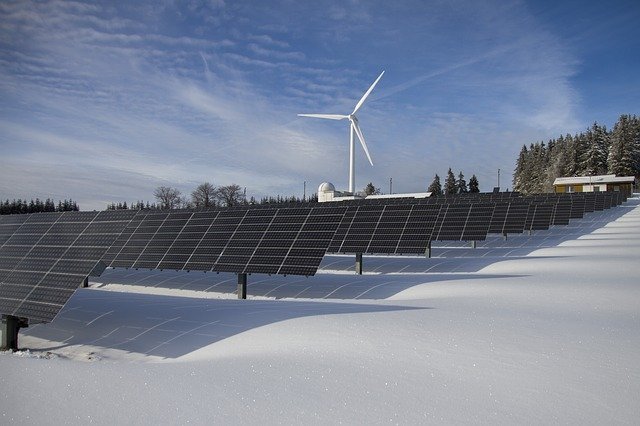Introduction- What is the Importance of Bees?
Bees are crucial for mankind to survive. Bees produce many products directly and indirectly which we cannot survive without such as wax and most importantly honey which has the property of never expiring. However, you may wonder what exactly is it about bees that should be a concern for us to preserve them and prevent them from going extinct as opposed to the dozens of other flora and fauna? The answer lies in the fact that bees are highly important for both the environment and humans.
- Without bees, humans cannot last for more than 4 years as they help us produce food. Bees are responsible for successfully harvesting 35% of agriculture crops and every third bite depends on pollinators.
- Bees pollinate different flowers and this is why they are highly important for preserving and spreading biodiversity. Without bees, pollination will not occur and therefore no plants or vegetation would be there to stop the decreasing albedo– (reflection of solar radiation incoming from the sun) which will only lead to more polar melting. This proves that indirectly and directly the worsening of climate change and our survival depends on bees in more ways than one.
- Bees are also responsible for the maintenance of the food chain in the ecosystem. Without them the ecosystem will fail and collapse as all living beings rely on them. To understand their role in the environment and how such tiny beings can be so crucial; consider this hypothetical situation: Without pollinators like bees, there will be no plants or flowers as they depend on pollen transfer (pollination) for their spread, and with no plants many herbivores would starve as they would have nothing to eat, without whom the carnivores will die off and ultimately omnivores- which are humans, having neither primary producers as their plant based food source or animals as their meat source, will also die off. Thus, this scenario may help put things into perspective regarding their importance.
Additionally, bees are the only insects that produce food that is edible for humans. While many foods that are eaten in the world such as wheat and corn are pollinated by wind; it does not mean that if the bees go extinct we would be able to survive. In fact, without bees we would not have many fruits like peaches, apples , cherries and plums to name a few. Studies show that without bees humans would lose about 91 crops that we rely on. This make it even more of a pressing matter to do something about the declining bee population.

Also check: Pollinator Decline of Bees – Causes, Effects and Solutions
CAUSES- Reasons why Bees are endangered:
Bees have become endangered over time due to a number of factors like habitat loss, climate change, pesticide use and harmful agricultural practices. Approximately 30 to 50 percent of the bee population has been effected negatively and is currently at a decline. Some of the causes are elaborated below:
- Improper Land Use: The harmful agricultural practices of land clearance and tree felling has lead the bees to look for food sources elsewhere. This has lead to decline bee population as during their long journeys bees require frequent stops to recover from exhaustion until they reach their hives. Industrial agriculture does not incorporate trees on farms which leads to bees being forced out of their habitat and that leads to their population declining. Related: What is Biodynamic Farming?- Methods and Advantages
- Pathogenic Disease and Pesticide use: Industrial farming uses a lot of harmful chemicals that are toxic for the bees when they land on plants to pollinate. These chemicals rub off on their legs which slowly kill them due to being absorbed. Moreover, these pesticides make the bees more vulnerable to pathogen called varroa destructor which is responsible for their decline. Pesticides weaken the immune system of bees making them more susceptible to this disease causing mite. Also Check out, Poisonous Pesticides: Harmful Impacts on Humans and Nature
- Global Warming: Climate change and rising temperatures are the main drivers of bee population decline as bees are naturally capable of thriving in a narrow temperature range. They cannot withstand higher temperatures. The increased heat waves and global warming effects have caused the bees to migrate to cooler areas which can greatly disturb the local ecosystem
You might also wish to read: 10 Reason of Why Butterflies are Dying and How We Can Save Them
What can we do to Preserve Bees?
- Plant more Trees. This as mentioned above is crucial for bees and planting more trees will not only stave off climate change effects but also help the bees greatly.
- Plant a bee garden in your house. This will help increase bee colonies and increase local biodiversity as well as enhance the local ecosystem which will benefit the environment in the long run.
- Avoid Pesticides. Use bee friendly or non toxic chemicals for your lawns and gardens as well as agricultural practices like mulching, composting etc. Use Integrated Pest Management. Read more, Integrated Pest Management -Methods, Benefits, Disadvantages
- Protect existing bee colonies. Changing governmental policies and planting more bee friendly trees and flowers will help improve their populations overall.
- Buy Local. Honey and beeswax imported causes emissions which harm the bees themselves. In many cases, transboundary pollution from these result in effecting bee colonies nearby. Buying local prevents that.
- Adopt a sustainable lifestyle. Reducing your carbon footprint would mean you are contributing less carbon emissions which are a leading cause of the decline in bee population due to warming.
- Grow or shop local organically sourced food such as fruits and vegetables. This is important as food grown this way lacks the use of pesticides which are harmful for bees and instead is grown using naturally made fertilizers like manure, mulching and composting methods for nutrients.
Thus, these are some small steps that can be taken in order to contribute to the protection of honey bees whose survival is so inherently tied to our own.
Also read: 10 Easy Practical Ways To Make Your Home More Eco-Friendly
Modern Lawns Destroying Our Environment – Gardens Are Better
We hope you liked this post! Please comment below if you have any suggestions, comments or feedbacks! We at #envpk love hearing from readers! Thanks




